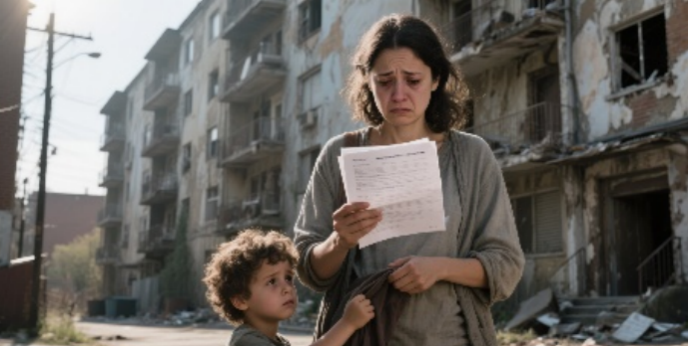When a seasoned landowner with multiple plots of land meets an eager developer, the atmosphere at the negotiating table can feel like two partners preparing to open a century-old business. However, before the handshake even occurs, the landowner is often filled with doubts: "Am I about to hand over this land completely?" "Am I at risk of losing everything?" "Am I going to take on the risk while someone else makes the profit?" These concerns often arise from a misunderstanding of modern land lease structures rather than the risks inherent in the contract itself. In the past, a single contract could indeed ruin a landowner overnight. However, today, this form of collaboration has matured and become more regulated, with many of the "familiar risks" no longer being a problem.

In the past, many landowners suffered losses when working with developers, as the rules were not as clear as they are now. Developers often required landowners to
"share the fate," asking them to mortgage the entire land to a bank as collateral for the developer's loan. If the development failed, the landowner not only lost rental income but might even lose the land. Modern financing methods have changed significantly
— developers now use only their own "lease rights" as collateral, not the entire land ownership. Some still mistakenly believe that signing a land lease contract means they can simply sit back and wait for the rental income to come in. While this idea sounds appealing, it's overly idealistic. Even if the landowner chooses to be a "hands-off landlord," they cannot neglect the land's ongoing management. For instance, they must ensure property taxes are paid, insurance is in place, and landowners usually retain some supervisory rights over the developer's actions, rights that must be more than just written on paper but must be actively used in crucial moments. A well-prepared and cautious landowner is not a "hands-off" figure but a 'silent partner" who keeps an eye on whether the project is running as expected.

Another common question is: if I sign this contract, can I still mortgage the land for financing? Many landowners fear that once the lease contract is effective, banks will be unwilling to provide further loans. The reason for this is understandable: developers and their lenders often insist that the landowner's loans must not affect the lease agreement's validity. In other words, even if the landowner mortgages the land. The lease must still be honoured, and it cannot be "cancelled" just because the bank enforces the mortgage. Some conservative lenders are particularly sensitive to this, worried that an "untouchable" lease contract is hidden beneath their mortgage.
However, many lenders are more flexible, valuing the stable rental income generated by the lease rather than needing the lease to be "absolutely voidable." Developers often present what seems to be a "reasonable request"- since I'll be investing millions into developing your land, how about granting me a "right of first refusal"? This logic sounds like, "I'm improving your land, so shouldn't I have the right to buy it first in the future?" But the landowner must be cautious, as this is not a "prenuptial agreement" but more like a "future power grab." Once you agree to grant the developer a right of first refusal or even a direct right to purchase, your bargaining power when selling the land later will be significantly diminished, and you may be involved in complex legal disputes. Regardless of what tempting terms the developer offers, it's crucial to firmly say "no" to this.

In the end, land leasing is not a game where the landowner "gives away" benefits but rather a mutually beneficial partnership that allows both parties to profit.





